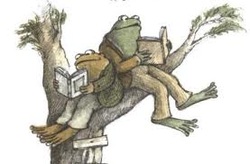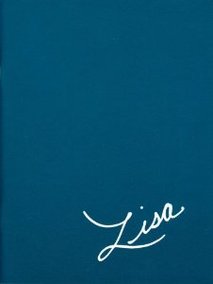Foundations of Philosophy (Ages 9-11) with Sally Zeiner I hope that your children enjoyed our first philosophical discussions as much as I did. They are a thoughtful and articulate group of children. I know you all would have been proud of their insightful remarks today on the nature of bravery. We began by going over the class rules which are simple: please do the reading, come prepared with the book, the syllabus, binder, and pencil or pen, and arrive on time. I told the students that I know it is often Mom or Dad who is the last one to be ready to go out the door, and so they should try to help as much as possible in the mornings. We also talked about the rules for our philosophical discussions. We are going to be challenged to think carefully about our answer before we speak, and to be very thoughtful and offer examples when we disagree with another student's position on a question. As you might imagine, these are skills that will be very useful. Today we also read "Dragons and Giants" and "Cookies" from Frog and Toad Together. We spent much of the class discussing what makes an act brave. Some of the students are still working on writing up their final positions on bravery to turn in to me next week. We ended the class by discussing willpower. All students should write their positions in answer to the following question: Is it true that giving all of the cookies to the birds means that Frog and Toad "have lots and lots of willpower"? Please make sure that they explain their positions (just a couple of sentences will be enough). For next week, students should read Frederick by Leo Lionni. Please find a copy of Stories of Robin Hood Told to Children; we will be reading three chapters for our third week. Have a wonderful week! Philosophy for Children (Ages 12-14) with Rich Piscopo At the beginning of every year, I put much effort into rebuilding the trust we enjoyed at the end of the last year. My main objective at this point is to form our "community of inquiry", which, of course, is based upon trust. A student (or any person) needs a nonjudgmental environment before they will share their thoughts. By the end of class, we began to arrive at where I want us to be. That feeling of exploring together began to emerge. We covered lots of ground in our review of chapters one and two of Lisa. The question was asked, "How do we know what the right thing to do is?" We explored the question of what code or principle we should use with which to guide our lives. This is exactly what Lisa and her friends in the novella are seeking. We all agreed that reason is a good guide for our lives (in the way Socrates used it to guide his life). But, also like Socrates, we agreed that we should always be open to new ideas and new evidence, much as a good scientist remains open to new ideas and evidence. So, onward with the journey of discovery! Next week we begin chapter three of Lisa, where we will explore the idea of quality. How do we know when something has quality? How do we know when something is good? How do we measure the value of an idea? By its consequences? Can an idea be inherently valuable, or do we ascribe value to it? We begin this search by defining our terms, then establishing our criteria. As usual, I'm sure it will be a very interesting class! Comments are closed.
|
Categories
All
Archives
May 2016
|

 RSS Feed
RSS Feed